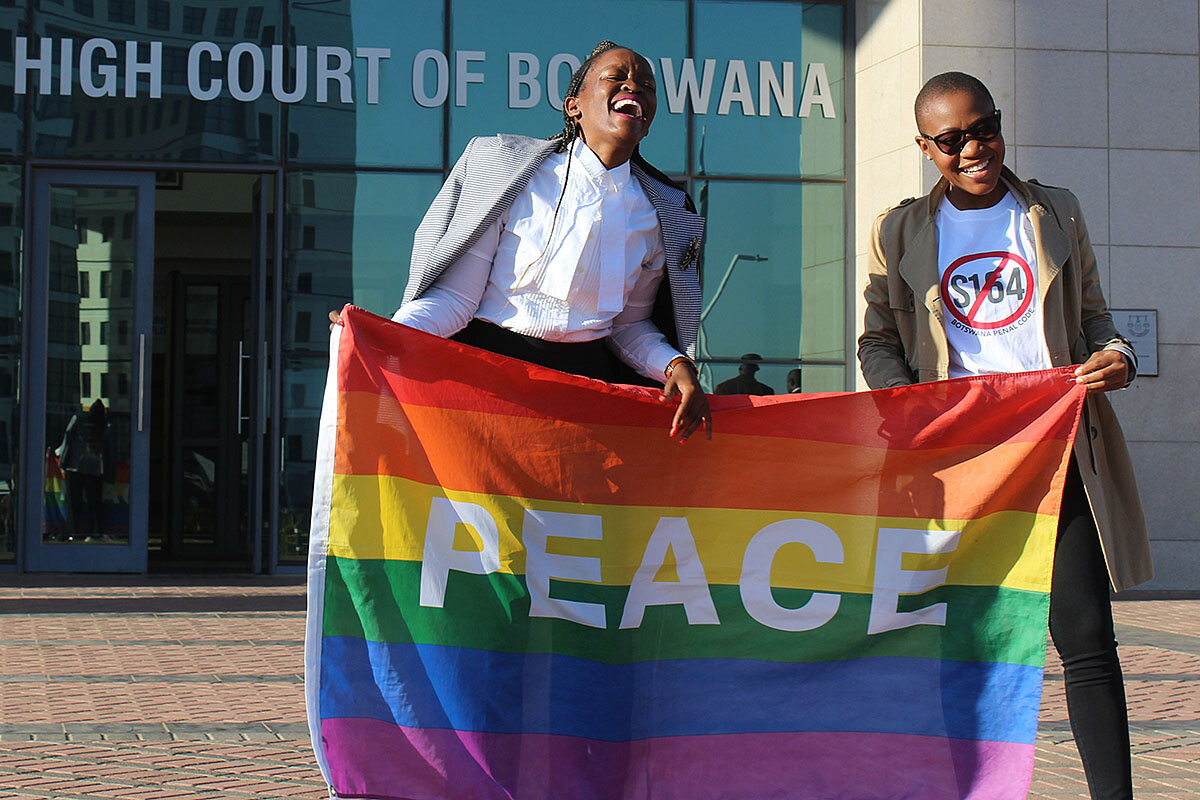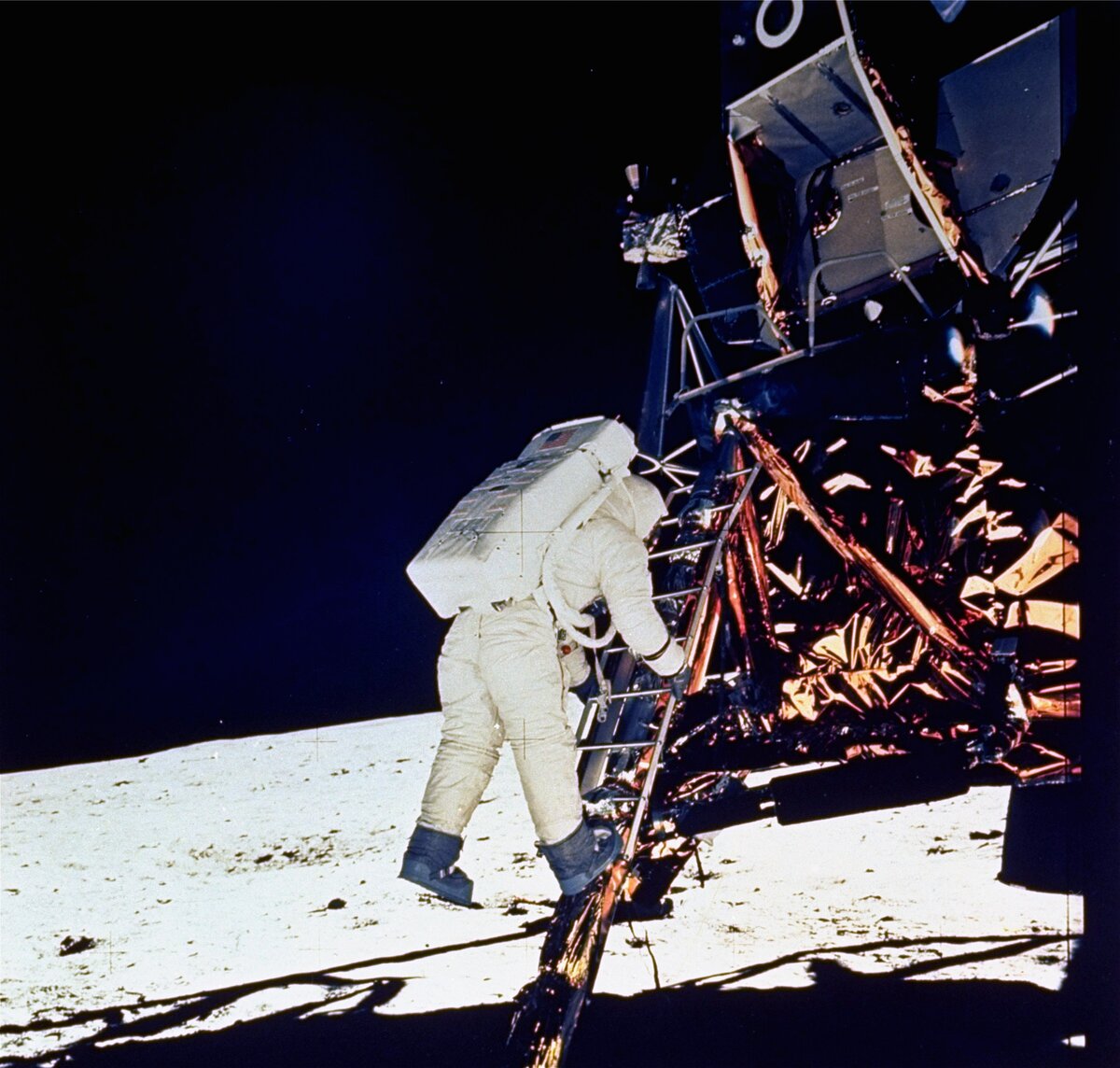Our reporter gives us a front-row seat to African history today, in a Botswana courtroom where justices overturned a colonial law against homosexuality – significant for cheering not only activists sitting beside her, but also advocates across the continent.
Monitor Daily Podcast
- Follow us:
- Apple Podcasts
- Spotify
- RSS Feed
- Download
 David Clark Scott
David Clark Scott
David Ortiz was an impressive ballplayer. He made history again and again in Fenway Park. But the act that has defined his legacy, for me, wasn’t when he swung a bat.
It was a 54-word ad-libbed speech shortly after the Boston Marathon bombing in 2013. For a week, the city and suburbs had experienced fear and lockdowns as police chased suspects. The bombers had been caught the night before. But the wounds were still raw when Big Papi stepped onto the field before the April 20 game.
“All right, Boston,” he said. “This jersey that we wear today, it doesn’t say ‘Red Sox.’ It says ‘Boston.’” He thanked the police and politicians, and said: “This is our [expletive] city. And nobody’s going to dictate our freedom. Stay strong.”
At that moment, his influence went beyond a sport or even a city. No. 34 gave voice to a feeling of defiance. It was a fierce rebuke to fear.
“Big Papi was saying what he felt about Boston – ‘Boston Strong’ – and how a terrorist attack was not going to change the basic spirit of that city,” then-President Barack Obama said in a speech in 2016. “At that moment, he spoke about what America is.”
As you may have heard, the retired slugger is recovering from a gunshot wound reportedly from a hit man in the Dominican Republic. The Red Sox flew him to Boston Monday night for medical care. He’s back gathering strength from a city that he once helped carry.
Big Papi strong.
Now to our five selected stories, including testing times for American farmers, the rise of tolerance in Africa and the Middle East, and how our readers are responding to gun violence.










